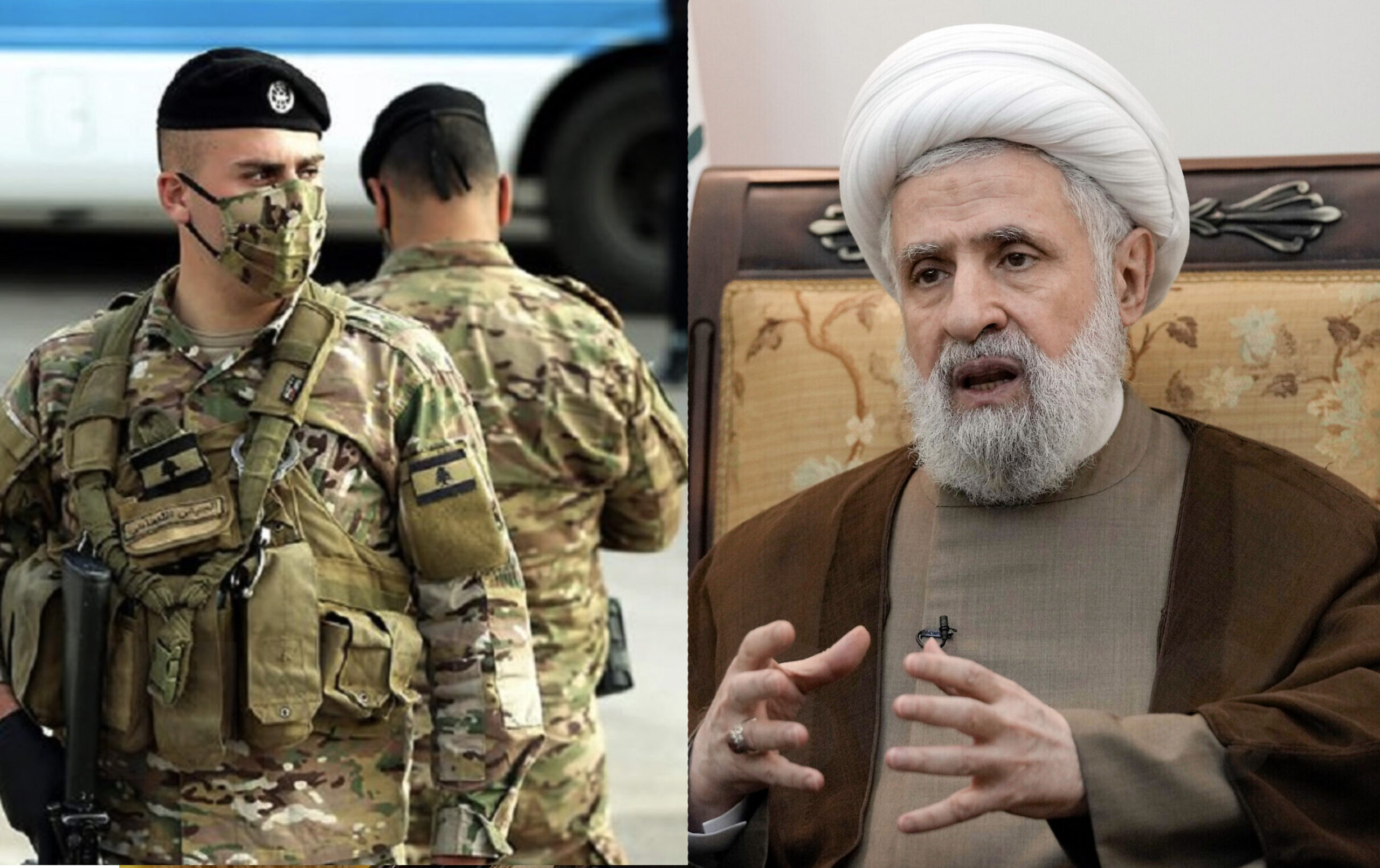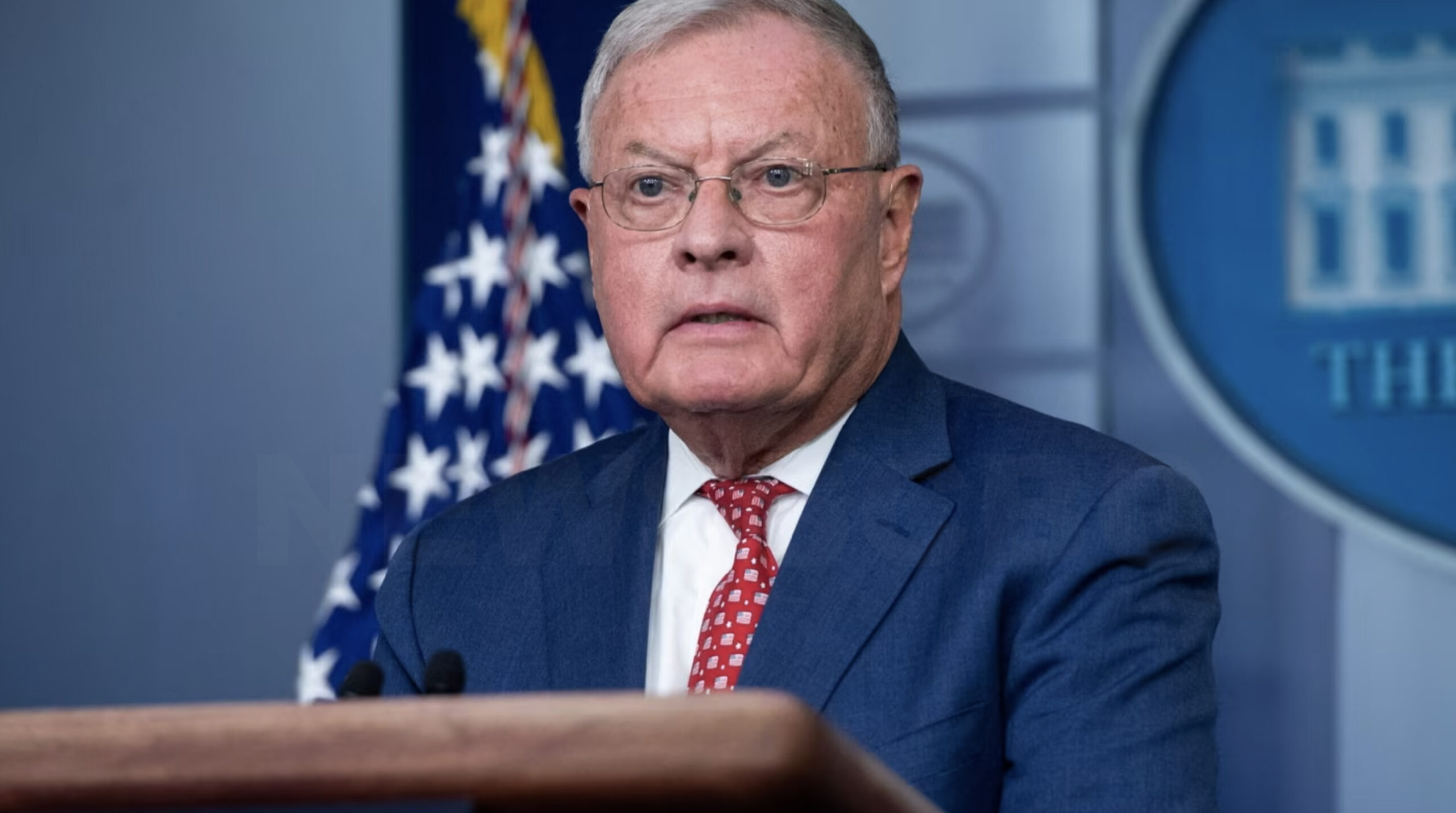U.S. Envoys Work For Truce Between Israel And Hezbollah

Senior U.S. officials returned to the Middle East seeking to broker a truce between Israel and Lebanon’s Hezbollah, while Lebanese Prime Minister Najib Mikati expressed cautious optimism over a potential agreement.
For now, on the ground in Israel are Brett McGurk, coordinator for President Biden for the Middle East, and Amos Hochstein, who has negotiated on the conflict involving Hezbollah. But whether any deal might be achievable before next week’s U.S. presidential election is not clear.
Israel has been conducting heavy airstrikes in Lebanon since hostilities dramatically intensified five weeks ago and has conducted a land incursion near the border areas. The Lebanese Health Ministry maintains that at least 2,200 people have been killed and 1.2 million displaced, mostly Shia Muslims, which has heightened sectarian tensions and further burdened public services amidst an unprecedented economic slump.
The government of Israel has a desire to change the security condition along the border and bring back around 60,000 residents who have been compelled to flee because of Hezbollah’s missile and drone attacks.
Israel’s public broadcasting authority has published a draft agreement on Wednesday, reportedly authored by Washington, which speaks of a 60-day ceasefire, beginning with this Saturday. As the proposal goes, Israel is to withdraw its troops from Lebanon within the first week as the Lebanese Army will, in turn, be deployed along the border. Hizbollah for its part is to stop armed deployment in the area for the period of cease-fire.
The text calls for the withdrawal from this area south of the Litani River – which is 30 kilometres, or 20 miles north of the border – of armed forces such as Hezbollah. No one can enter that area, except for UN peacekeepers, known as UNIFIL, and the Lebanese Army.
But Israel does not believe that the Lebanese Army and UN peacekeepers can or will stop Hezbollah from again approaching the border. So Israel is seeking permission to attack the group if necessary once the war is over. Lebanese officials likely will refuse this request, saying that Resolution 1701 should not be modified.
Quizzed on the document, a White House National Security Council spokesperson, Sean Savett, said only: “There have been a number of reports and drafts circulating, none of them accurately reflect the current state of negotiations.” Yet he did not say if this text would indeed be the basis for further negotiations.
Local critics are pressing Hezbollah, a richly financed militia and political group backed by Iran, for a deal, apparently believing the group has embroiled Lebanon in a conflict that is not in the country’s best interest.
The Israeli bombing killed most of the Hezbollah leadership, save for its leader Hassan Nasrallah, and raked southern Lebanon, the eastern Bekaa Valley, and southern suburbs of Beirut that the group controlled.
The group started its operation one day after Hamas launched attacks on Israel on October 7 of the previous year and stated that their attacks will continue unless a ceasefire in Gaza is declared. It’s not yet clear whether Hezbollah will be willing to soften this position.
Naim Qassem, in his maiden speech as the new Secretary-General of Hezbollah, said on Wednesday that with him nothing would change in the combat tactic of the organization, but maybe in the negotiating logic. He noticed that so far Israel did not make any proposition worth consideration.
The attack was most probably against the area of Baalbek in the Bekaa Valley, and, if so, smacks of a serious escalation in Israel’s military campaign toward an area considered paramount to the Syrian border.
Prime Minister Najib Mikati at least expressed his “carefully optimistic” mood in an interview with Al-Jazeera Lebanon after a conversation with Amos Hochstein, who had recently been in Lebanon. He said a ceasefire was possibly going to happen “in the coming hours or days.”
Still, there are doubts that an agreement could be achieved before the upcoming U.S. election, with speculation that the Israeli head of state may delay any decision until after the elections.
Thursday’s rocket attacks by Hezbollah killed seven people in Israel in the deadliest day for the country since this conflict began to escalate. Meanwhile, Israeli airstrikes killed six health workers in southern Lebanon.
American authorities are also working for a cease-fire and the possible release of hostages between Israel and Hamas in the Gaza Strip. The White House announced that CIA Director William Burns will travel to Cairo on Thursday for meetings.


13 thoughts on “U.S. Envoys Work For Truce Between Israel And Hezbollah”